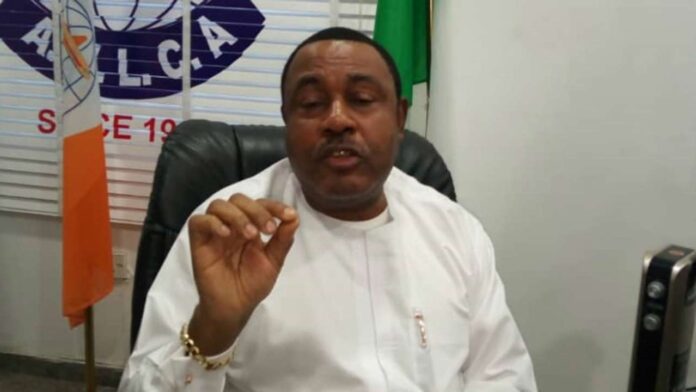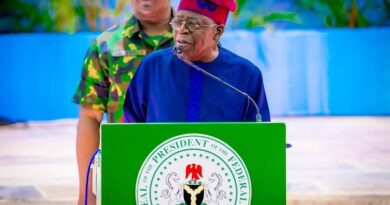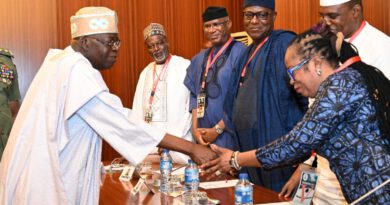Customs $3b modernisation Project – Fmr ANLCA President Describes It As Misappropriation Of Fund
By Raheem Ibrahim
The former President of Association of Nigeria License Customs Agents (ANLCA), Dr Tony Nwabunike has said that the recently introduced B’Odogwu Customs Modernisation project will only land the country into more debt as previous experience achieved nothing but unnecessary filtering away of needed government funds.
The Pioneer Chairman, Council for the Regulation of Freight Forwarding in Nigeria, Nwabunike gave the insight while presenting a Paper at a National Discourse in Lagos .
Nwabunike who recalled Nigeria’s journey toward modernization and being the only customs broker and only freight forwarder member of the then Presidential Taskforce on ASYCUDA revealed, “I recall that the Nigeria Customs Service began with the Automated System for Customs Data (ASYCUDA) in the early 1990s under the auspices of the United Nations Conference on Trade and Development (UNCTAD).
“The system later evolved with the introduction of the Nigeria Integrated Customs Information System (NICIS), which was subsequently upgraded to NICIS II. Through NICIS II, the Nigeria Customs Service achieved multi-trillion-naira revenue collection and emerged as one of the most modernized customs administrations in West and Central Africa.”
The former President of ANLCA revealed that he recently came across information about the “B’Odogwu” modernization programme, which aims to replace NICIS II with a $3 billion, 20-year modernization phase.
According to him, “With the existing systems in place, I question the need to plunge a resource-limited country into further debt under the guise of modernization.
“The B’Odogwu project, in my view, is unnecessary and will result in the waste of scarce resources. Even if the Nigeria Customs Service excels at revenue collection, the proposed modernization is unjustifiable as it risks squandering government earnings on unproven initiatives”.
He stressed further, “If we convert the $3 billion modernization cost over 20 years into naira at the current volatile exchange rate, the implications become even more worrisome. I raised my concerns during the tenure of Col Hameed Ali Rtd, as Comptroller-General of Customs, and my position remains unchanged: this proposal is unnecessarily extravagant.
“I assert, without hesitation, that we are on the brink of undertaking the most expensive customs modernization project in the world. With all due respect to differing opinions, I challenge anyone in the maritime industry to provide an example of any other country that has spent $3 billion on modernizing a single government agency—especially one that has been evolving since the 1990s”, he added.
In retrospect, he said, “Let us look back ten years. While the Nigeria Customs Service has made strides in revenue collection, the impact is debatable. In 2014, NCS collected N977.09 billion against a target of N1.2 trillion. That figure appears larger today due to inflation, with N3.21 trillion collected in 2023.
“However, the naira-dollar exchange rate in 2014 averaged N168 to $1, while in 2024, it averages around N1,670 to $1. When adjusted for inflation, the N977 billion collected in 2014 would be equivalent to N8.35 trillion today. Thus, the so-called revenue growth is an illusion, masking the erosion of real value.”




